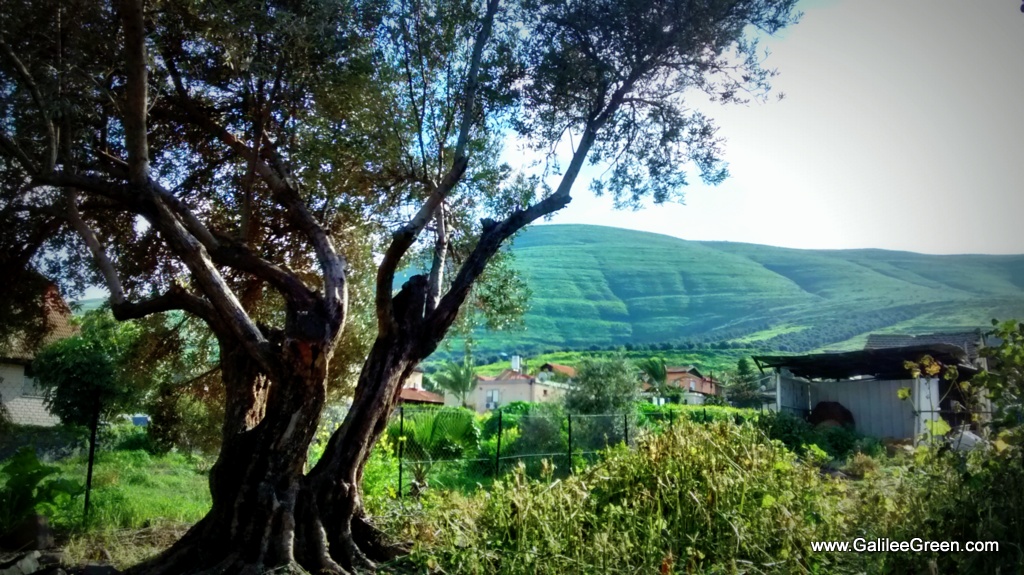The period between Passover and Shavuot is the time period when we count the days of the “Omer” – Sefirat HaOmer. However the period also carries with it several customs related to mourning. The Talmud (Yevamot 62b) explains that 33 day mourning period during these weeks is to commemorate Rabbi Akiva’s 24,000 students who died 2000 years ago because they didn’t have proper respect for one another. “Lo nahagu kavod zeh ba-zeh”
At first, this seems quite shocking. These were 24,000 Torah scholars who were the students of Rabbi Akiva , the teacher who taught that “You shall love your neighbor as you love yourself” ואהבת לרעך כמוך is the most important principle in Torah in his opinion! How could it be that his own students failed so gravely when it came to the interpersonal realm?
Looking closely at the Talmud we see that it says that they lacked kavod (respect), and we then need to understand how kavod differs from ahava (love). Maimonides (Hilchot Ishut 15:19) says that a man has an obligation to love his wife as much as himself, but to respect her more than himself. Those sound like two different measuring sticks. What, then, is the difference?
While they seem similar, I once heard the difference described as follows:
- Love is the bond that is created between people based on what they have in common – we enjoy those aspects of someone else which we connect with and can relate to.
- Respect is the bond created between two people when they tolerate and celebrate the differences between them. And it is respect that is often more important in relationships because it is those very differences which have the potential to pull us apart.
Understanding this subtle, but significant, difference helps give us some insight into what these great students of Rabbi Akiva mastered, and what they had still lacked. Just as Rabbi Akiva had taught, his students were willing and able to love each other. But loving in learning means that when your study partner agrees with you, you love him.
What happens when your study partner disagrees with you? What happens when he offers a different perspective, one that clashes with your own? Rabbi Akiva’s students couldn’t deal with these clashes and couldn’t connect amidst their differences. And as they were the primary link in the chain of tradition for their generation – this was a huge problem and it eventually brought about their downfall.
Love is easy when all those similarities are there, but respect is that precious skill that’s needed when they’re not. Let this period of between Passover and Shavuot be a time for focusing on the importance of true respect, by working on accepting and appreciating the differences that exist among us, and learning to connect with one another despite them all.



1 Comment
Alex · May 11, 2016 at 3:13 pm
What if your study partner is willing to die for his belief, you can respect him for that, but if he loves you as himself he is also willing to kill you for his belief?